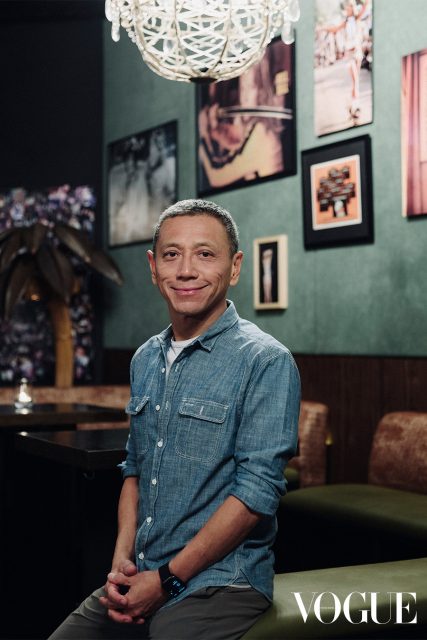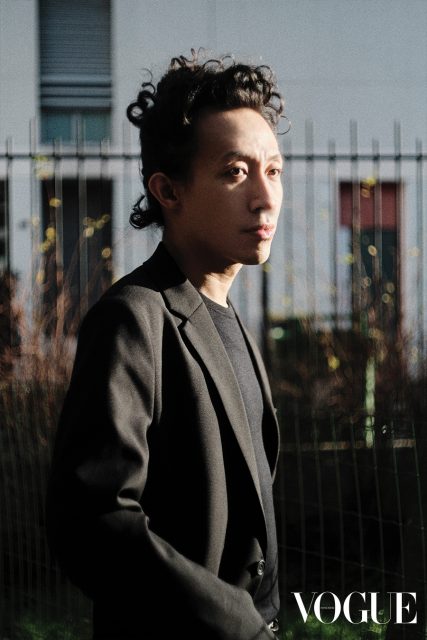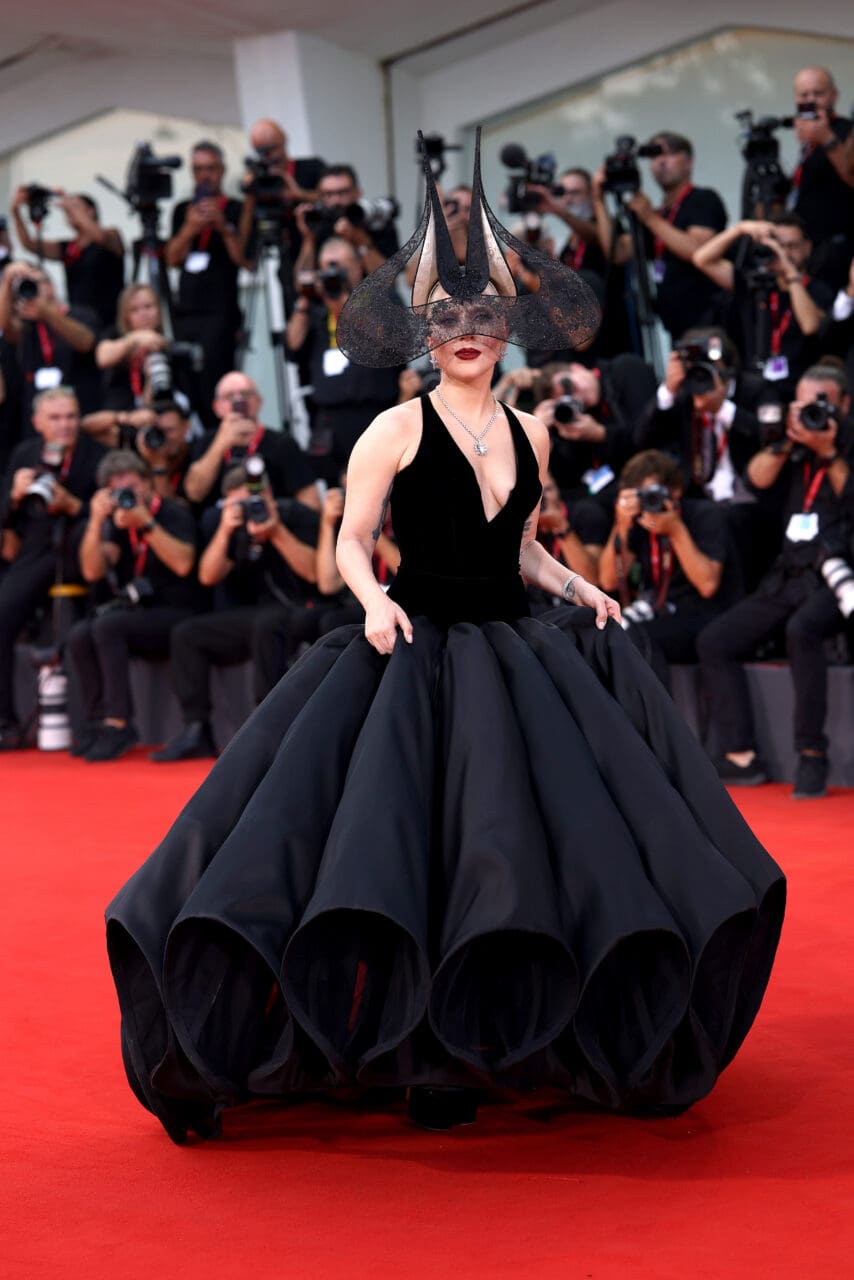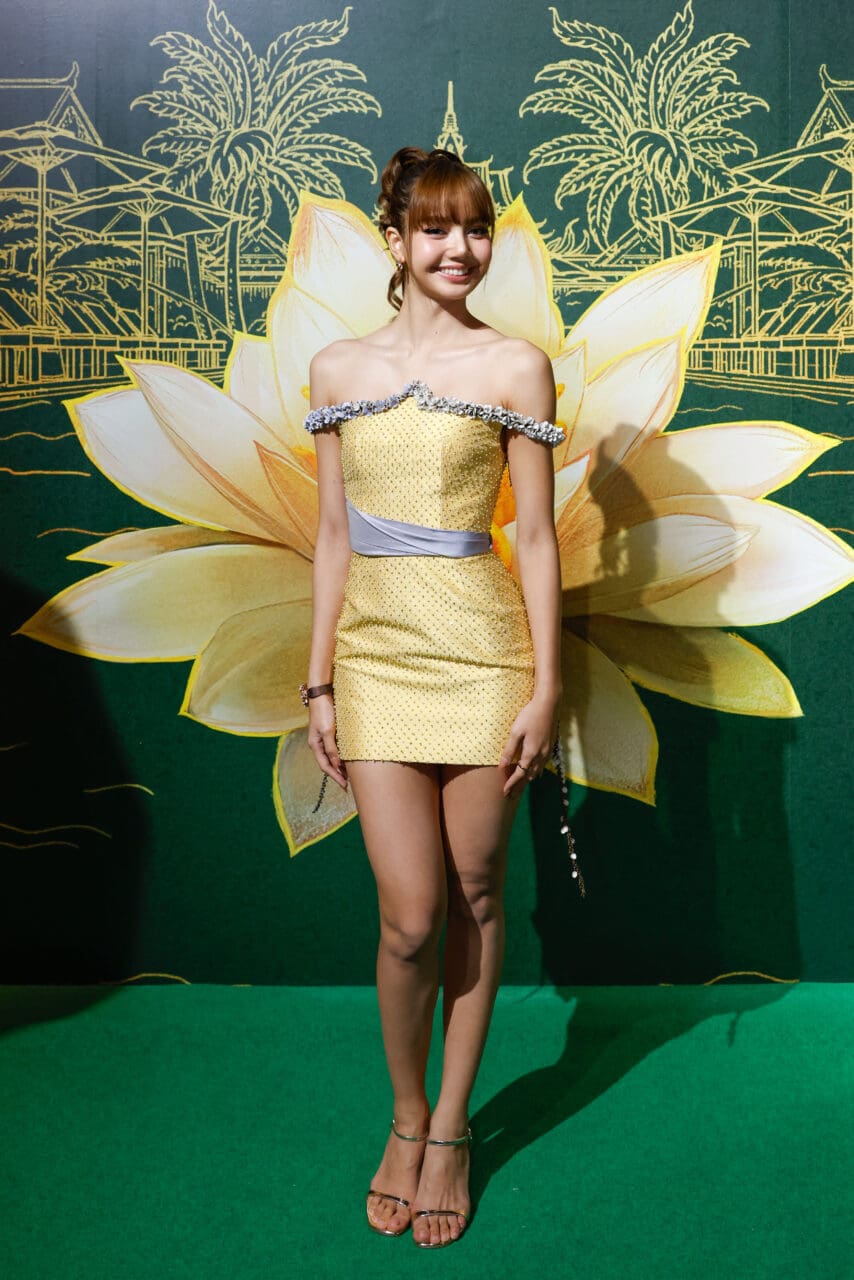William Chang is often referred to as “Ah Suk”; sharing the pronunciation of the word ‘uncle’ in Cantonese, it is a nickname of both endearment and respect. Chang is one of the most renowned figures in the Hong Kong film industry, and regarded as a pioneer in his field of art direction. His first feature film Love Massacre (1981) established him as a professional aesthete in the world of local cinema, and he went on to become legendary filmmaker Wong Kar-wai’s longtime collaborator. With numerous Hong Kong Film Award and Golden Horse Award titles under his belt, Chang, in recent years, has set his sights on the next generation of talent, offering support to burgeoning young filmmakers.
You say you don’t like reflecting on your past work; things you thought were good at the time, now feel as though they weren’t good enough. In your over 40 years as a film production designer, is there anything you would redo if you had the chance?
I don’t usually collect crafts, designs or anything of the sort when I do film art. I don’t like having too much clutter at home and I don’t want to whip it out as reference — there’s no need to look back after something has been done. All the films I’ve made have both good and bad moments, and both are inevitable and necessary. I’m very lucky and grateful to have experienced the best years of cinema in the past 40 years of my career.
What would you say is your “signature film”, as Wong Kar-wai calls it, and why?
It’s difficult to name your so-called masterpiece, and the more time that passes, the harder it is to choose. So it’s better to just focus on your next project.
I’m very lucky and grateful to have experienced the best years of cinema in the past 40 years of my career.
William Chang
You’ve spoken at length about working with Wong Kar-wai in the past. What was most difficult about working with him and has your opinion of him changed over the years? Any plans to collaborate in the future?
There are no plans to, for the time being. The most important thing when working with him is the trust between both parties — this is where problems can often arise.
You once said “If you want to do it, persist, keep moving forward, and you will accomplish it.” Have you ever run into creative roadblocks and if so, how did you overcome them?
It’s important to be persistent; don’t give up and keep working up until the last minute, or even if the deadline has already passed. Hopefully I never reach a point where my creativity hits a wall.
You also work as a film editor, which you’ve said you enjoy because you can control the look and overall feel of the film. Can you see yourself being a director?
I am a person that avoids trouble and is lazy. Editing is comfortable for me and I don’t need to run around; film production design is tiring enough as it is.
Outside of your work, what do you like to do? Have you thought about retirement?
I have never thought about retiring. But if there comes a time where I find I am simply repeating myself, then I will stop. I spend my days watching films, reading books, or just sitting at home doing nothing.
In recent years, you’ve turned much of your focus into nurturing the upcoming generation. How do you feel about the future of Hong Kong cinema and what do you expect from young filmmakers?
If a young director needs my help, I’ll do my best to help.
What does Hong Kong mean to you?
Hong Kong is where it all started for me.
Do you have a message for Hong Kong people that you would like to share?
Habits can be a dangerous thing, keep a clear mind.
Translated by Alyanna Raissa J. Payos
Photography: Max Chan
Text: Chan Ning
Editor
Chan Ning






